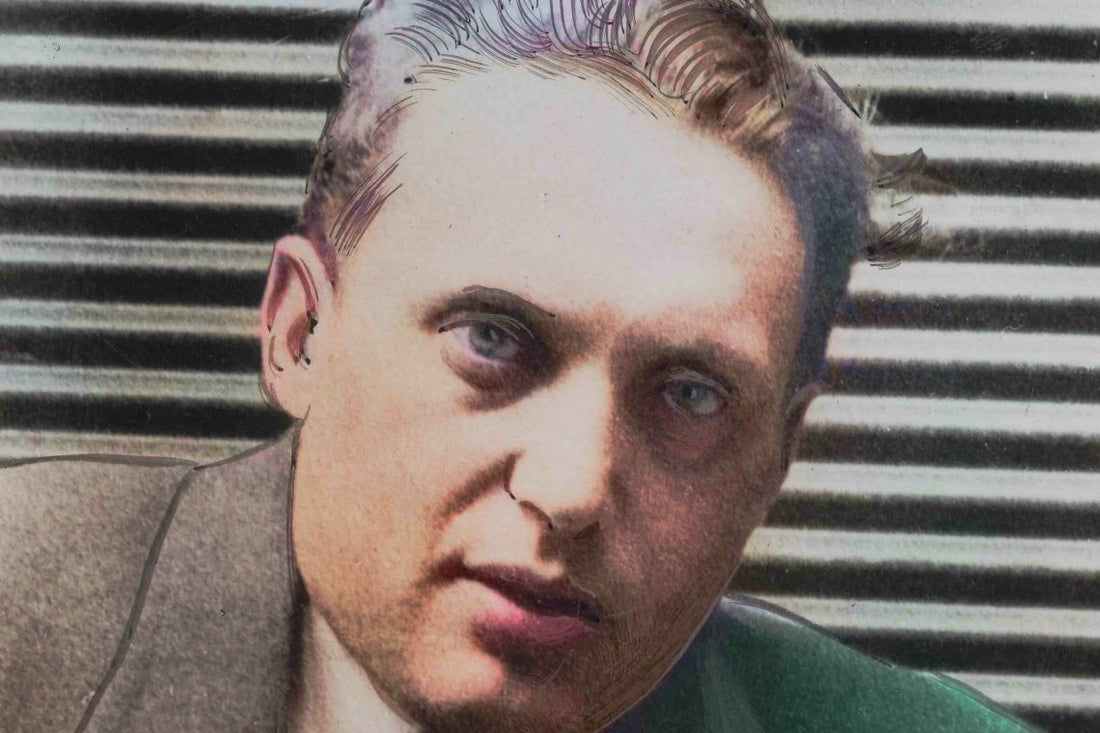
#composer: Who was Józef Koffler?
The life and work of the Polish composer Józef Koffler is almost forgotten today, and only a few details are known: The Jewish-Polish composer was born in 1896 in Stryj (Poland, today: Ukraine) and initially studied at the Music Conservatory in Warsaw. In his mid-20s he went to Vienna to continue his composition studies in this music metropolis. There he studied the new approaches of Arnold Schönberg and the Second Viennese School – the compositional techniques that became known as twelve-tone music in the 1920s.
Koffler also explored these new ways of musical expression in his own works. In 1928, at just 32 years of age, he was appointed to the only professorship for atonal composition in Poland, in Lemberg. His best-known works date from this period: the 15 Variations on a Twelve-Tone Series ('15 variations d'après une suite de douze tons') op. 9 (1927), the String Trio op. 10 (1928) and the Piano Concerto op. 13 (1932).
In the 1930s, Józef Koffler's career suffered a sudden artistic break. Under the psychological pressure of the rise of National Socialism in Germany and Stalinist purges in the USSR, he stopped composing in the mid-1930s and in the following years only arranged works by other composers. His most famous arrangement/orchestration of Bach's famous Goldberg Variations for orchestra is his most famous.
After the Wehrmacht invaded Eastern Poland in 1941, Koffler was arrested with his wife and his son, who was only a few years old, and taken to the Wieliczka ghetto. After the ghetto was dissolved in 1943, the family hid in various places, but were tracked down by the Gestapo in 1944 and shot on the outskirts of an unknown village.
The story of Józef Koffler is exemplary for that of many Jewish artists of his generation: the Holocaust meant an existential turning point in their work, which continues to this day - their work never became known to a wider audience. The artistic director of the JCOM, Daniel Grossmann, came across the name Koffler by chance on a list of persecuted Jewish composers. In a project funded by the Federal Commissioner for Culture and the Media, Koffler's fate , with a total of 14 concerts in Germany we would like to make his name known again.
